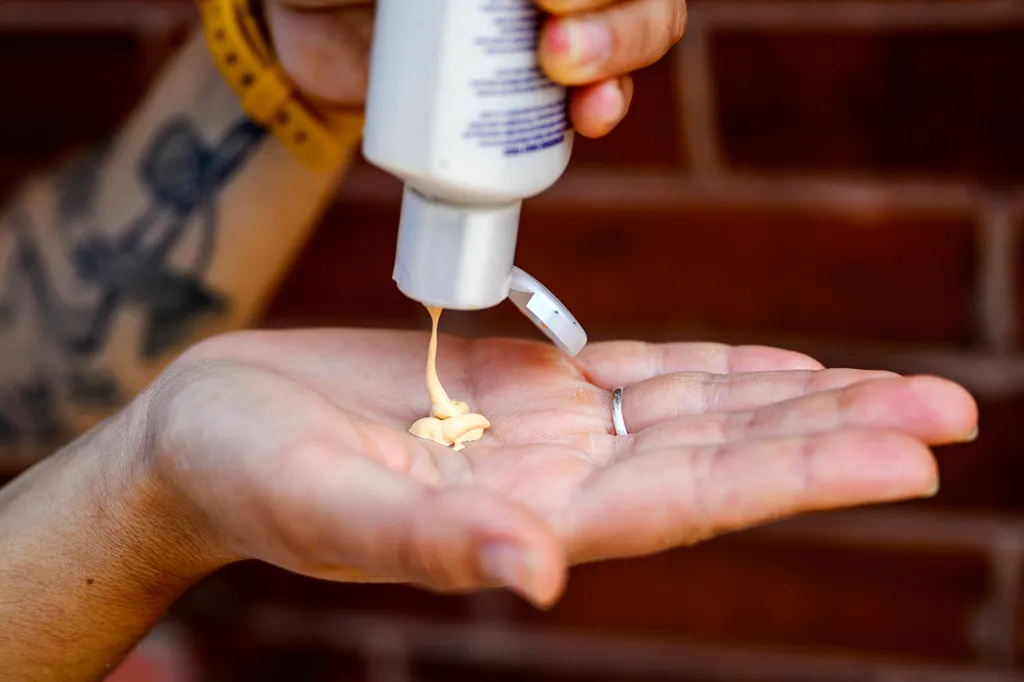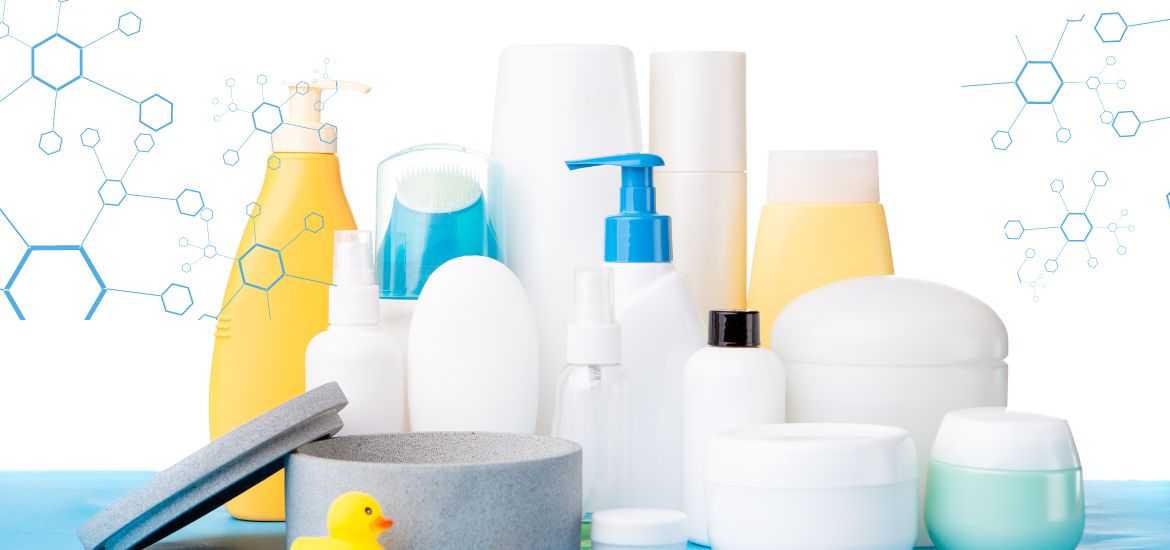Chemicals that disrupt hormones, commonly found in cosmetic products, may be responsible for the concerning trend of girls starting puberty earlier than ever before, according to new research.
A US government-backed study has revealed that these chemicals, present in products like detergents, perfumes, and cosmetics, can interfere with or imitate the production of hormones that trigger puberty in girls, such as those responsible for ovulation.
This could explain the drop in the average age of puberty since the 1990s, a trend more pronounced in girls than in boys.
These hormone-disrupting chemicals are not only responsible for the sweet and musky scent of many perfumes but are also found in medications for asthma and smoking cessation.
Researchers at the National Institutes of Health (NIH) discovered that exposure to these chemicals could be contributing to the rise in early puberty among girls in the US.
The findings come amid reports that girls are beginning to use makeup and perfume at younger ages, with recent studies showing that eight out of 10 girls aged nine to 11 in the US wear some form of beauty product.
In the study, researchers at the NIH exposed human cells grown in the laboratory and zebrafish to 10,000 different environmental chemicals. Zebrafish are often used in studies like this due to their genetic similarities to humans and other mammals.
The researchers found that a fragrance known as musk ambrette, along with certain medications called cholinergic agonists, could disrupt, block, or mimic the effect of hormones.
Musk ambrette, a sweet, musky-smelling fragrance derived from a yellow flower, is restricted in the US but can still be found in trace amounts in various perfumes marketed to young girls on online platforms like Amazon and Etsy.
Cholinergic agonists, meanwhile, are primarily used in medications for treating smoking addiction, COPD, and asthma.
“There has been an alarming trend toward earlier puberty in girls, suggesting the influence of an environmental factor,” wrote the study authors.
While obesity, sedentary lifestyles, and stress have all been previously suggested as possible explanations, this new research points to chemical exposure as a significant factor.
Girls have previously spoken, describing the experience of early puberty as not only embarrassing at school and at home but also confusing, often causing them to miss out on vacations and other social activities.
Early puberty in girls has also been linked to an increased risk of obesity, heart disease, breast cancer, and psychological problems.
Typically, menstruation begins around age 12, but Dr. Natalie Shaw, a neuroendocrinologist at the National Institute of Environmental Health Sciences (NIEHS), noted that in recent decades, the average age of puberty onset has been trending downward.
In some cases, girls as young as six have begun menstruating before showing any other signs of puberty.

Large studies conducted in the 1990s revealed that the average age at which girls began developing breasts, a key sign of puberty, had dropped to around age 10—about a year earlier than previously thought.
Subsequent studies confirmed that since the 1970s, the average age of puberty onset has decreased by approximately three months per decade in girls.
This trend suggests that environmental factors may be at play, according to the study authors.
To further investigate, the NIH researchers examined a database of chemicals and medications that could influence hormones.
Although doctors have yet to pinpoint a single or even a few specific causes for precocious puberty, experts have told *DailyMail.com* that obesity, stress, and genetics are known underlying factors.
The researchers focused on endocrine-disrupting chemicals (EDCs), substances that mimic, block, or interfere with the natural flow of hormones, which control puberty, stress, and development, according to the NIEHS.
EDCs can be found in various items, including flame retardants, plastics, and so-called “forever chemicals,” so the study included 10,000 potential targets.
Early puberty, or precocious puberty, occurs when girls show signs of puberty before age eight. In some cases, they may experience some symptoms, such as menstruation, without others like breast development.
While the exact cause of early puberty is often unknown, it can sometimes be genetic or related to issues with the brain, ovaries, or thyroid gland.
In some instances, doctors may recommend seeing a specialist or prescribe medications to lower hormone levels and delay sexual development for a few years.
The researchers homed in on two key chemicals: musk ambrette and cholinergic agonists.
Musk ambrette has been widely used to add fragrance to products like detergent, perfumes, makeup, chewing gum, candy, and beverages, according to the International Agency for Research on Cancer.
Although its use is restricted in the US, EU, and Canada, it has been removed from the FDA’s list of fragrances generally recognized as safe.
Despite these restrictions, the Environmental Working Group (EWG) reports “strong” evidence that musk ambrette can cause skin allergies.
However, the study authors noted that musk ambrette has still been detected in water sources and some fragrances sold on platforms like Amazon and Etsy.
Cholinergic agonists, a class of prescription drugs that includes Chantix, which is used to stop smoking, are less commonly encountered by children in daily life. However, two asthma medications, ipratropium and tiotropium, also belong to this class.
When the researchers applied both of these chemicals to human cells and live zebrafish, they activated cells responsible for controlling puberty, called musGnRh neurons. This suggests that exposure to these EDCs could contribute to the earlier onset of puberty.
Dr. Shaw emphasized the importance of caution, stating, “This study suggests that, out of an abundance of caution, it is important for parents to only use personal care products for their children that are federally regulated.”
